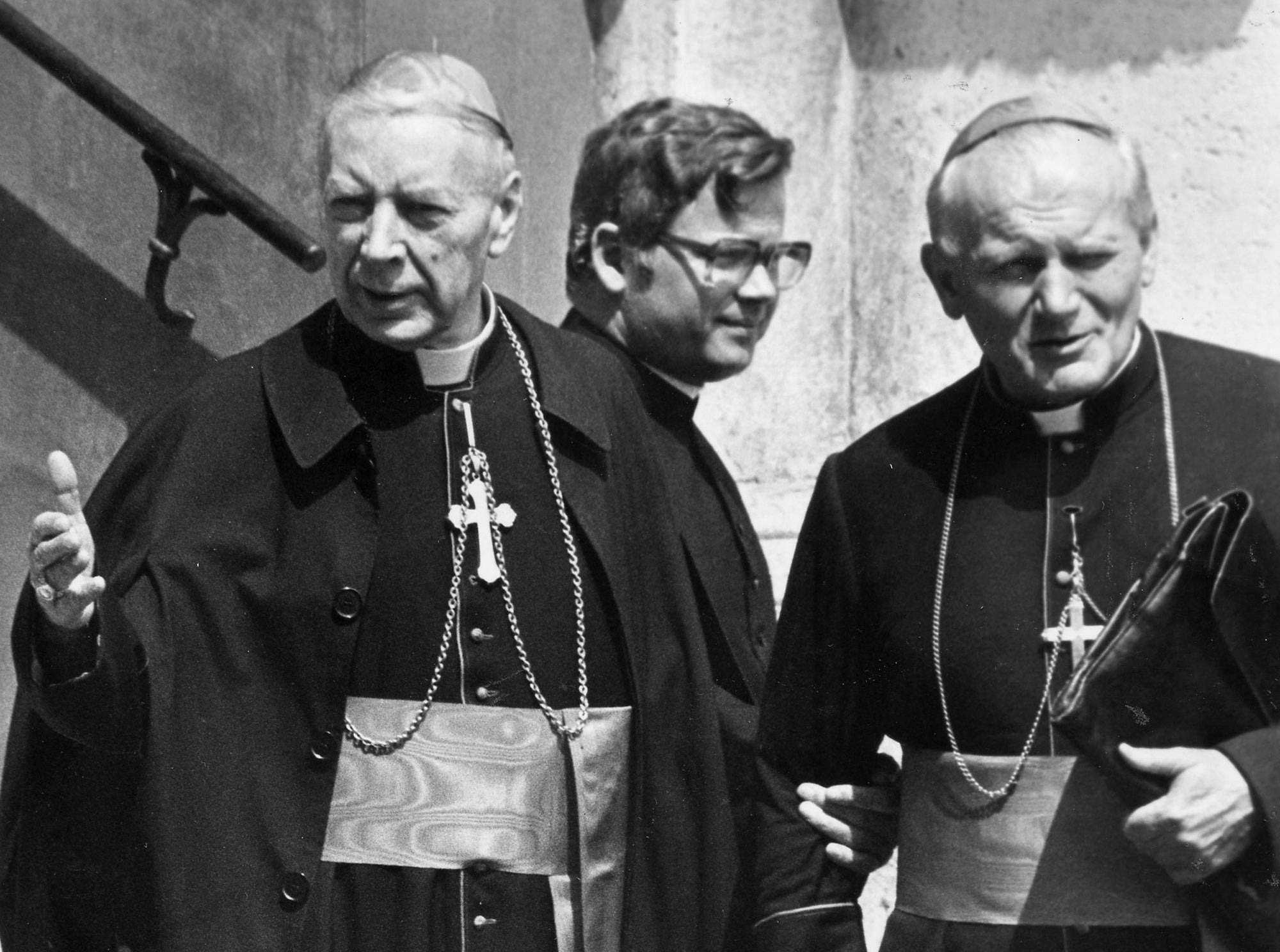Polish cardinal who defied communism and blind nun are beatified
Polish political leaders have gathered in a Warsaw church for the beatification of two revered figures of the Catholic church

Poland’s top political leaders gathered in a Warsaw church on Sunday for the beatification of two revered figures of the Catholic church — a cardinal who led the Polish church’s resistance to communism and a blind nun who devoted her life to helping others who couldn’t see.
The beatification – the first step in the process of canonisation – of Cardinal Stefan Wyszynski and Mother Elzbieta Roza Czacka takes place at a time of declining church attendance and as some Poles have formally left the church over sex abuse scandals and the church’s cosy relationship with a divisive right-wing government.
In a time of growing secularisation and societal divisions, the celebration is a reminder of the moral authority and the unifying power the church once held over the nation.
The mass was led by Cardinal Marcello Semeraro, the head of the Vatican’s Congregation for the Causes of Saints and took place in the Temple of Divine Providence in Warsaw, attended by President Andrzej Duda, Prime Minister Mateusz Morawiecki, ruling party leader Jaroslaw Kaczynski and many faithful.
Wyszynski was Poland’s primate, or top church leader, from 1948 until his death in 1981, but he was placed under house arrest in the 1950s for his refusal to bend to the communist regime. He was considered by some to be the true leader of the nation and his long resistance to communism is credited as a factor that led to the election of a Polish pope, John Paul II, in 1978 and, ultimately, the toppling of the system in 1989.
Wyszynski led the church through nearly three turbulent decades of often bitter conflict with the communist authorities, followed later by a form of partnership with the regime. Late in his life, Wyszynski had become accepted by the authorities as an important force in national life, and members of the communist regime attended his funeral.
During the difficult years of the 1950s, when the atheistic government sought to silence the church, the tall, slender Wyszynski thundered from his pulpit that “Christ has the right to be announced, and we have the right to announce him”.
Warsaw Archbishop Kazimierz Nycz claimed Wyszynski was the saviour of the Polish church under communism.
Czacka, meanwhile, was born a countess in 1876 and went blind as a young woman, devoting the rest of her life to helping others. The Franciscan nun helped develop a Polish version of Braille and opened a centre for the blind near Warsaw.
Sunday’s ceremony comes after the Holy See has punished around 10 Polish bishops and archbishops over reported cover-ups of sexual abuse of minors by priests under their authority.
The revelations of clerical abuse and cover-ups have turned some Poles away from the church and led some to take their children out of religion classes in schools.
Some Poles are also angry about the church’s intimacy with the right-wing authorities and the new restriction on abortion. The ruling, which went into effect earlier this year, denies women the right to abort fetuses with congenital defects.
Bookmark popover
Removed from bookmarks